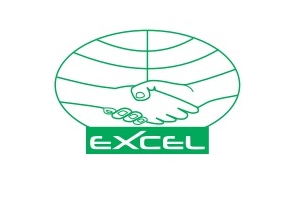Get A Quote
Get A Quote
+91

Home

Account

Get A Quote

About Us
Products
Materials
Contact Us
Connect with us
Get A Quote

Home

Account

Get A Quote

718 Inconel is a type of reducing nipple pipe fitting composed primarily of iron, chromium, and niobium. An incredibly strong yet malleable alloy, Inconel 718 has several features that make it optimal for industrial applications such as fittings. It is designed to be easily welded without needing any additional steps or treatments while also having superior corrosion resistance due to its chromium content and ability to resist extreme temperatures. With its remarkable chemical composition, Inconel 718 reducing nipple pipe fittings provide maximum reliability and strength in high-pressure environments.
Inconel 718 is a highly heat-resistant nickel-chromium alloy that produces reducing nipple pipe fittings. This type of fitting provides full port integration and connections between pipes of different nominal diameters. It is known for its superior mechanical properties, corrosion resistance, and stability in elevated temperatures, making it a high-performance choice for various industrial applications. Moreover, Inconel 718 offers high strength capabilities at cryogenic temperatures without losing shape or stress resistance. From aerospace components down to heating appliances and pumps, Inconel 718 reducing nipples are versatile and can be adapted for use in various systems.
718 Inconel is a type of reducing nipple pipe fitting composed primarily of iron, chromium, and niobium. An incredibly strong yet malleable alloy, Inconel 718 has several features that make it optimal for industrial applications such as fittings. It is designed to be easily welded without needing any additional steps or treatments while also having superior corrosion resistance due to its chromium content and ability to resist extreme temperatures. With its remarkable chemical composition, Inconel 718 reducing nipple pipe fittings provide maximum reliability and strength in high-pressure environments.
Inconel 718 is a highly heat-resistant nickel-chromium alloy that produces reducing nipple pipe fittings. This type of fitting provides full port integration and connections between pipes of different nominal diameters. It is known for its superior mechanical properties, corrosion resistance, and stability in elevated temperatures, making it a high-performance choice for various industrial applications. Moreover, Inconel 718 offers high strength capabilities at cryogenic temperatures without losing shape or stress resistance. From aerospace components down to heating appliances and pumps, Inconel 718 reducing nipples are versatile and can be adapted for use in various systems.
































No more suppliers available.
Website Banner